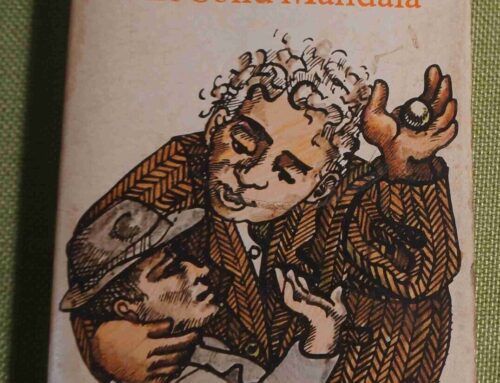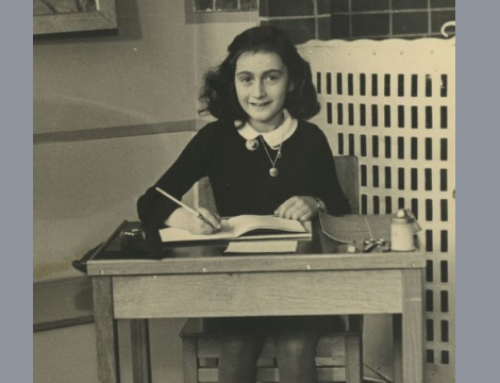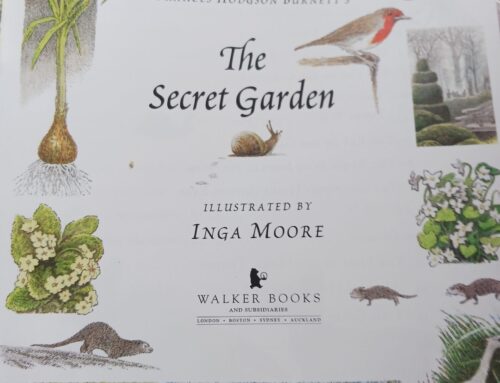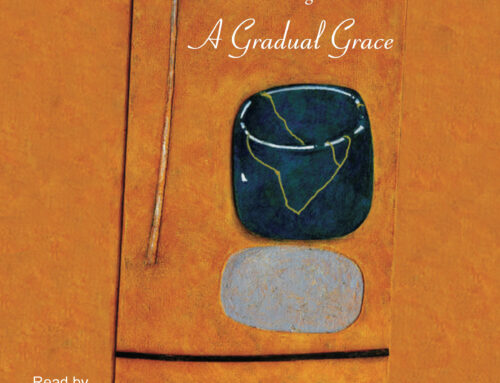This book has become a modern classic; published in 2001, when it was shortlisted for the Booker, and made into a film in 2007. I have just re-read it for the third time, and now resolve to watch again the movie, which I also loved. It is a complex, highly structured novel, very difficult to summarise without revealing plot, and I make no apology for spoilers, since it is already famous and much read. I do feel very inadequate trying to review it; to do it justice would take several posts.
The girl depicted on the cover of my edition is Briony Tallis, sitting on the steps of her family’s ugly orange brick mansion, built 40 years earlier as a replacement for an Adam style house which had been destroyed in the late 1880s. The year is 1935, four years before the beginning of World War II. The novel opens and closes in Briony’s voice, first as a child becoming a teenager, later as a trainee nurse during the war, and finally as an old woman on her 77th birthday. The opening days are set in a summer of intense heat and rumours of war. Briony has written a play, and awaits with eager anticipation the arrival of her cousins from the north, and of her beloved older brother Leon; she plans to produce the play for his benefit that night, using her cousins as actors. The play is a tragic romance, in which
The reckless passion of the heroine, Arabella, for a wicked foreign count is punished by ill fortune when she contracts cholera during an impetuous dash towards a seaside town with her intended.
There is a happy ending, though not with the ‘intended’, and the moral is that love “which does not build a foundation on good sense is doomed”. A curious moral, one would think, for a romantic teenager to dream. But Briony is “possessed by a desire to have the world just so”, in contrast to her older sister, Cecilia, who is in limbo after graduating from Cambridge with a third, wanting to spread her wings in the outside world, but locked into
homebound boredom… wasting her days in the stews of her untidy room, lying on her bed in a haze of smoke, chin propped on her hand, pins and needles spreading up through her arm as she read her way through Richardon’s Clarissa.
A would-be romantic, protected by her privileged background, on the verge of entering the adult world and discovering the harshness of reality. What unfolds is a drama in which Briony is confronted with the reality of lust and love, and misinterprets her sister’s newfound passion for Robbie Turner, son of the family’s cleaning lady, and protege of the girls’ father who has paid for him to go to Cambridge. After graduating with a first in Literature, he now plans to qualify as a doctor. So he is crossing the barriers of class, which were rigid at that time.
Briony misinterprets the exchanges between Cecilia and Robbie, beginning with an enigmatic, sensual scene by the fountain, and culminating in a passionate encounter in the library, witnessed by Briony, who sees it as rape by Robbie. The library scene is narrated first from Briony’s point of view, and then from Robbie’s. This is an example of the masterly way that McEwan shifts point of view between characters in the novel, and also of how he uses sensual detail to bring a scene to life. Sex scenes are always difficult to make real, vivid and not cliched, as you will know if you’ve tried to write one. This is one of the best examples I’ve read. At first, they are constrained by their knowledge of each other by childhood, by the framework of class, and after some preliminary kissing and exploration of each other,
At last they were strangers, their pasts were forgotten. They were also strangers to themselves who had forgotten who or where they were. The library door was thick and none of the sounds that might have reminded them, might have held them back, could reach them.They were beyond the present, outside time, with no memories and no future. There was nothing but obliterating sensation, thrilling and swelling, and the sound of fabric on fabric and skin on fabric, as their limbs spread across each other in this restless, sensuous wrestling.
After more kissing and fumbling, both inexperienced,
They were clumsy, but too selfless now to be embarrassed. When he lifted the clinging, silky dress again he thought her look of uncertainty mirrored his own. But there was only one inevitable end, and there was nothing they could do but go towards it.
After the moment of penetration,
Robbie stared at the woman, the girl he had always known, thinking the change was entirely in himself, and was as fundamental, as fundamentally biological, as birth…. She returned his gaze, struck by the sense of her own transformation, and overwhelmed by the beauty in a face which a lifetime’s habit had taught her to ignore.
This momentous, life-changing scene is sustained for over four pages, and then they become aware that they are being watched.
Henceforward, the idyll is broken — not by their act, but by Briony’s reaction to it, and her later intervention in an unrelated event, when her twin cousins go missing, and a search party goes out into the grounds, and the older cousin, Lola, is sexually assaulted by an unknown person. Briony finds Lola the moment afterwards, convinces herself that the rapist is Robbie, and testifies to this. From here, the tragedy unfolds. The plot and narrative structure are too complex here to summarise. Briefly, the middle section of the book is narrated from Robbie’s point of view, when he is released from prison to fight in France, and is caught up in the Dunkirk evacuation. For me, this is as powerful, in a very different way, as the opening section. His suffering, his desperate clinging to life so he can be reunited with Cecilia, the carnage and chaos of the retreat across the fields of France are told in savage and heart-breaking detail.
The last two sections of the book switch to Briony’s point of view, as outlined above. Briony copes with the martial regime of training in a large hospital and the suffering and damage of the wounded soldiers she nurses; she is obsessed with the realisation that she wronged Robbie and Cecilia and destroyed the fragile promise of their young lives and love, and is determined to make atonement.
The final section has her as an ageing, successful author on the verge of dementia, revisiting her childhood home. There is a twist to the multiple narratives when we realise that in fact the whole story is written by Briony as an older woman, the apparent happy ending in the middle section is a fiction, and we are left wondering what is truth and what is fiction in this fictional tale. So the novel has many layers, not least, as Frank Kermode points out, in a review in the London Review of Books, about the mismatch between fantasy and reality, truth and imagination, and how novels are written. But one can read the book on a more superficial level, for the unfolding drama and interweaving of that classic theme, love and war.





